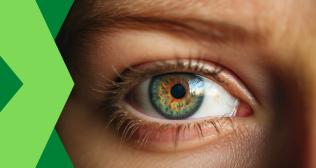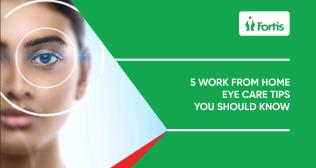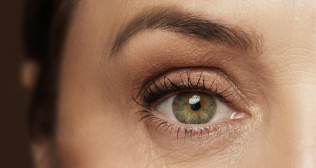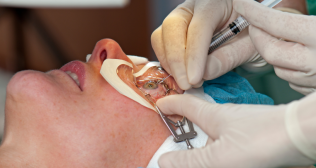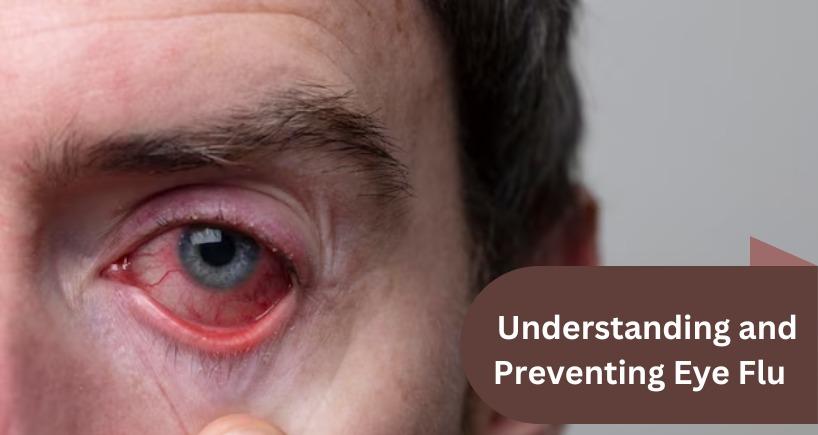
Understanding and Preventing Eye Flu
Eye flu, also known as viral conjunctivitis, is a common eye infection that affects people of all ages. This blog aims to provide a comprehensive overview of eye flu, its causes, symptoms, prevention, and treatment options. By understanding the nuances of this condition, you can take proactive measures to protect your eyes and prevent its spread.
I. What is Eye Flu?
Eye flu, or viral conjunctivitis, is an infection of the conjunctiva - the thin, transparent layer covering the white part of the eye and the inner surface of the eyelids. It is caused by various viruses, including adenoviruses and enteroviruses. Unlike the flu that affects the respiratory system, eye flu primarily targets the eyes.
II. Causes and Transmission:
Eye flu is highly contagious and spreads through direct contact with infected eye secretions or contaminated surfaces. Common modes of transmission include touching the eyes with unwashed hands, sharing personal items, and close contact with infected individuals.
III. Symptoms of Eye Flu:
- Redness and irritation of the eyes
- Watery or sticky discharge
- Itching and burning sensation
- Sensitivity to light
- Swelling of the eyelids
- Foreign body sensation
IV. Prevention Measures:
1. Hand Hygiene: Regularly wash your hands with soap and water, especially after touching public surfaces or coming into contact with an infected person.
2. Avoid Touching Eyes: Refrain from touching your eyes with unwashed hands to minimize the risk of introducing the virus.
3. Personal Items: Do not share personal items such as towels, makeup, or eye drops to prevent transmission.
4. Hygiene Practices: Maintain good ocular hygiene by gently cleaning your eyelids with a warm, damp cloth.
5. Avoid Close Contact: If you have eye flu, avoid close contact with others to prevent spreading the infection.
V. Treatment Options:
1. Artificial Tears: Lubricating eye drops can provide relief from dryness and discomfort.
2. Cold Compress: Applying a cold compress can help reduce swelling and soothe irritation.
3. Prescription Medications: In severe cases, antiviral eye drops or ointments may be prescribed by a healthcare professional.
4. Rest: Give your eyes ample rest to aid in the healing process.
VI. When to Seek Medical Attention:
If your symptoms worsen or if you experience vision changes, consult an eye care professional. Prompt medical attention is essential to prevent complications and ensure proper treatment.
Categories
Clear allMeet the doctor

- Ophthalmology | Ophthalmology
-
20 Years
-
1500









